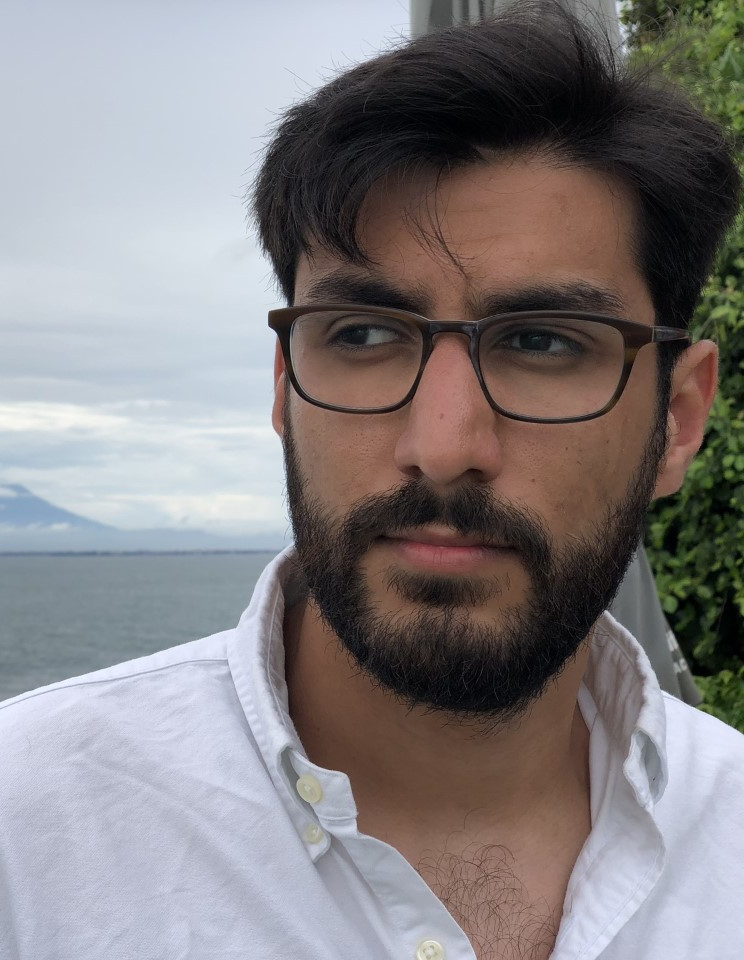|

Zakaryah Abdulkarim, MD PhD
(Lecturer)
Research
One of the fundamental ways in which we interact with our surroundings is through movement. However, in order to move our body, we must have a sense of what this body is made up of, what belongs to us and what does not (i.e., body ownership). Zakaryah's research focuses on the
neural processes that bring these two phenomena together, the feeling of ownership and voluntary action.
Sample Publications
Abdulkarim Z, Hayatou Z, Ehrsson HH. Sustained rubber hand illusion after the end of visuotactile stimulation with a similar time course for the reduction of subjective ownership and proprioceptive drift. Exp Brain Res. 2021 Dec;239(12):3471-3486. doi: 10.1007/s00221-021-06211-8. PDF
Abdulkarim Z, Ehrsson HH. Recalibration of hand position sense during unconscious active and passive movement. Exp Brain Res. 2018 Feb;236(2):551-561. doi: 10.1007/s00221-017-5137-7. PDF
Abdulkarim Z, Ehrsson HH. No causal link between changes in hand position sense and feeling of limb ownership in the rubber hand illusion. Atten Percept Psychophys. 2016 Feb;78(2):707-20. doi: 10.3758/s13414-015-1016-0. PDF
Gentile G, Björnsdotter M, Petkova VI, Abdulkarim Z, & Ehrsson HH. Patterns of neural activity in the human ventral premotor cortex reflect a whole-body multisensory percept. Neuroimage. (2015) 1(109), 328-340. PDF
Guterstam A., Abdulkaraim, Z., & Ehrsson H.H. Illusory ownership of an invisible body reduces autonomic and subjective social anxiety responses. Scientific Reports (2015) PDF
Contact
Zakaryah Abdulkarim, MD
PhD Student
Department of Neuroscience
Karolinska Institutet, Biomedicum
Solnavägen 9, 171 65 Solna, Sweden
email: zakaryah.abdulkarim @ ki.se
office phone: (+46) 08 524 87 217
| 
